High school students today are often not sufficiently familiar with the context of the tragic events of the 1990s, and their interest in these topics is limited. Therefore, it is important to address these issues through a scientific approach, facts, and a spirit of tolerance in order to prevent the risk of misinterpretation. This was one of the key conclusions of the three-day educational workshop “Museum of the 1990s – A New Approach to Learning”, organized by the Centre for Civic Education (CCE) in Podgorica and Cetinje from 4 to 6 September 2025, bringing together nine historians from Montenegro and Serbia.
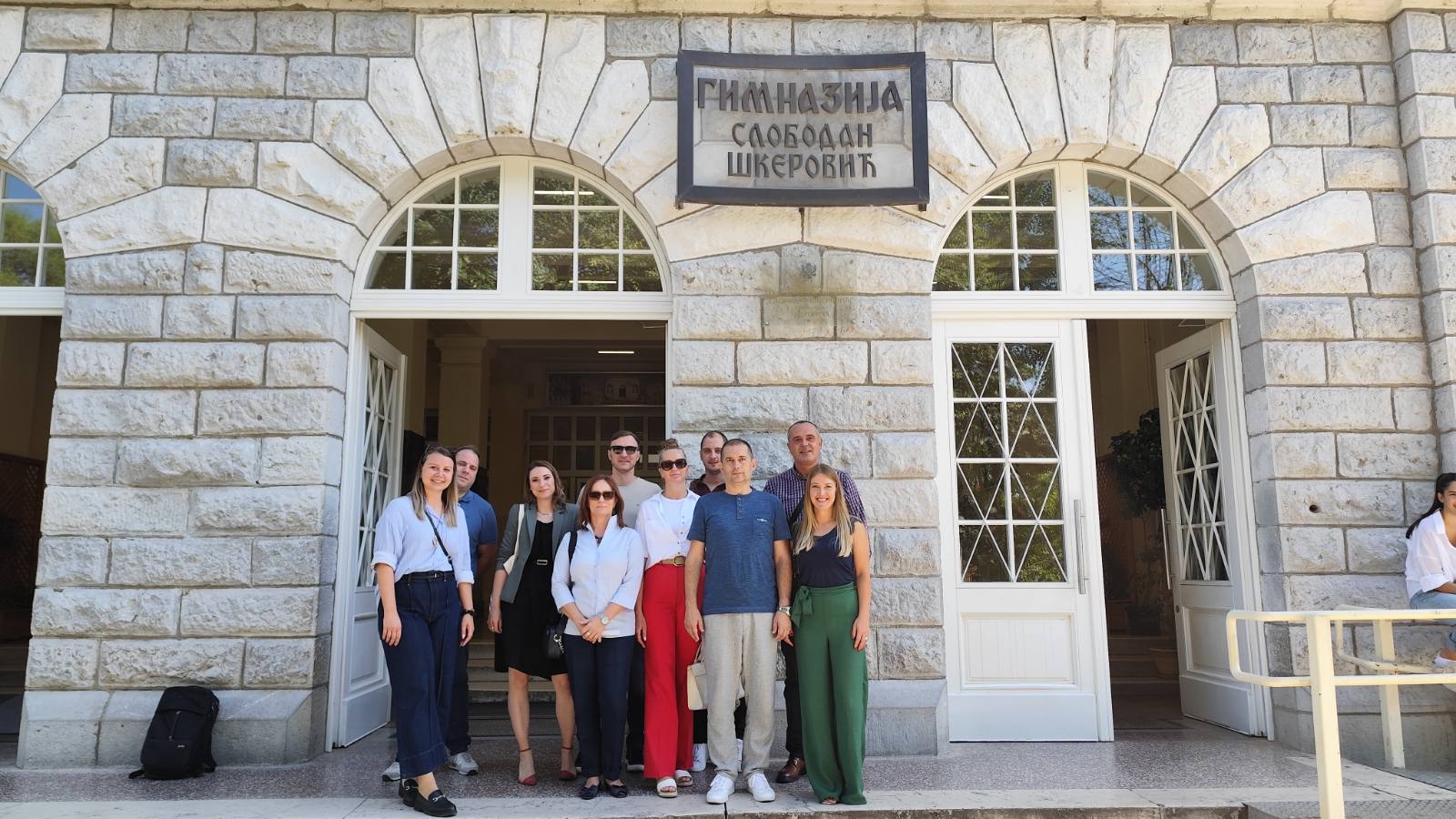
As part of the programme, a class with about 30 students from “Slobodan Škerović” Gymnasium in Podgorica on the topic War Crimes of the 1990s in Montenegrin Court Verdicts was held by Igor Radulović, a history professor at Podgorica Gymnasium, who emphasized the importance of teaching recent history in the former Yugoslav region. “The events from the 1990s directly and indirectly impact students’ daily lives and shape their views. Hence, if history teachers do not confront these topics and address them in a responsible and multi-perspective approach, generations of our youth will be deprived of some of the most important life lessons and will be left vulnerable to malign influences”, Radulović warned.
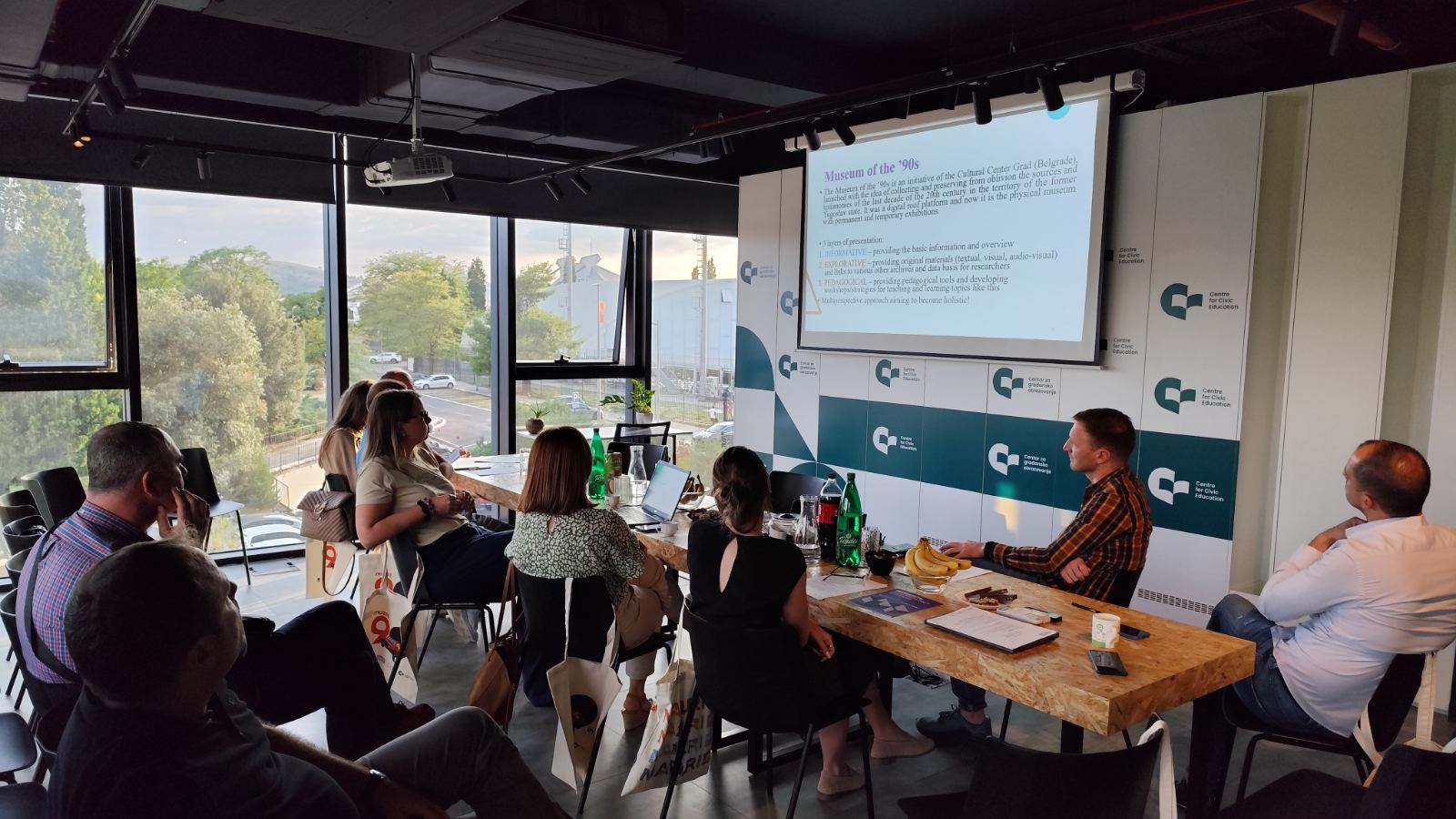
Zoran Pejović, principal of the “Slobodan Škerović” Gymnasium, also believes that discussing topics from our painful and, unfortunately, tragic past is both a challenge and a necessity. “High school students are quite uninterested and unaware of the context. But we must respond with science and facts, in the spirit of reason and tolerance, because of the risk of these issues being interpreted from other, often harmful perspectives. Students must be convinced that crimes are not reciprocal, that they cannot be justified, and that strength lies in acceptance. It seems difficult and requires time, which is why these issues must be addressed more boldly and concretely”, Pejović emphasized.
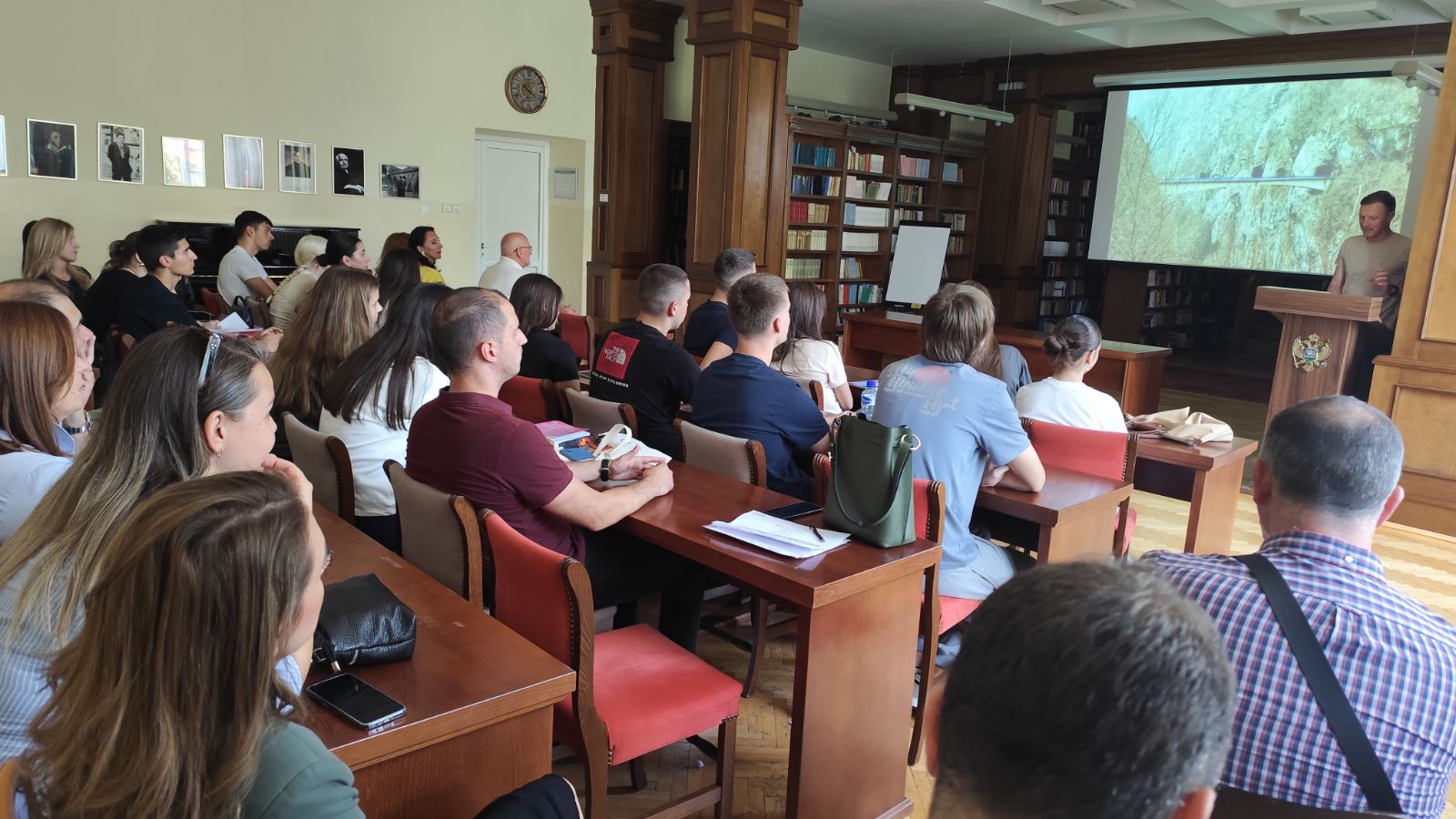
“This programme on new approaches to learning gives teachers the opportunity to view sensitive topics of the 1990s from different perspectives and apply them in education. The selection of themes and content is particularly interesting, and it is crucial that we continue to talk about these still relevant and sensitive topics and teach them through verified facts and historical sources we were able to examine”, said Miloš Mrvaljević, a history teacher at “Vladimir Nazor” Elementary School in Podgorica, who participated in the workshop.
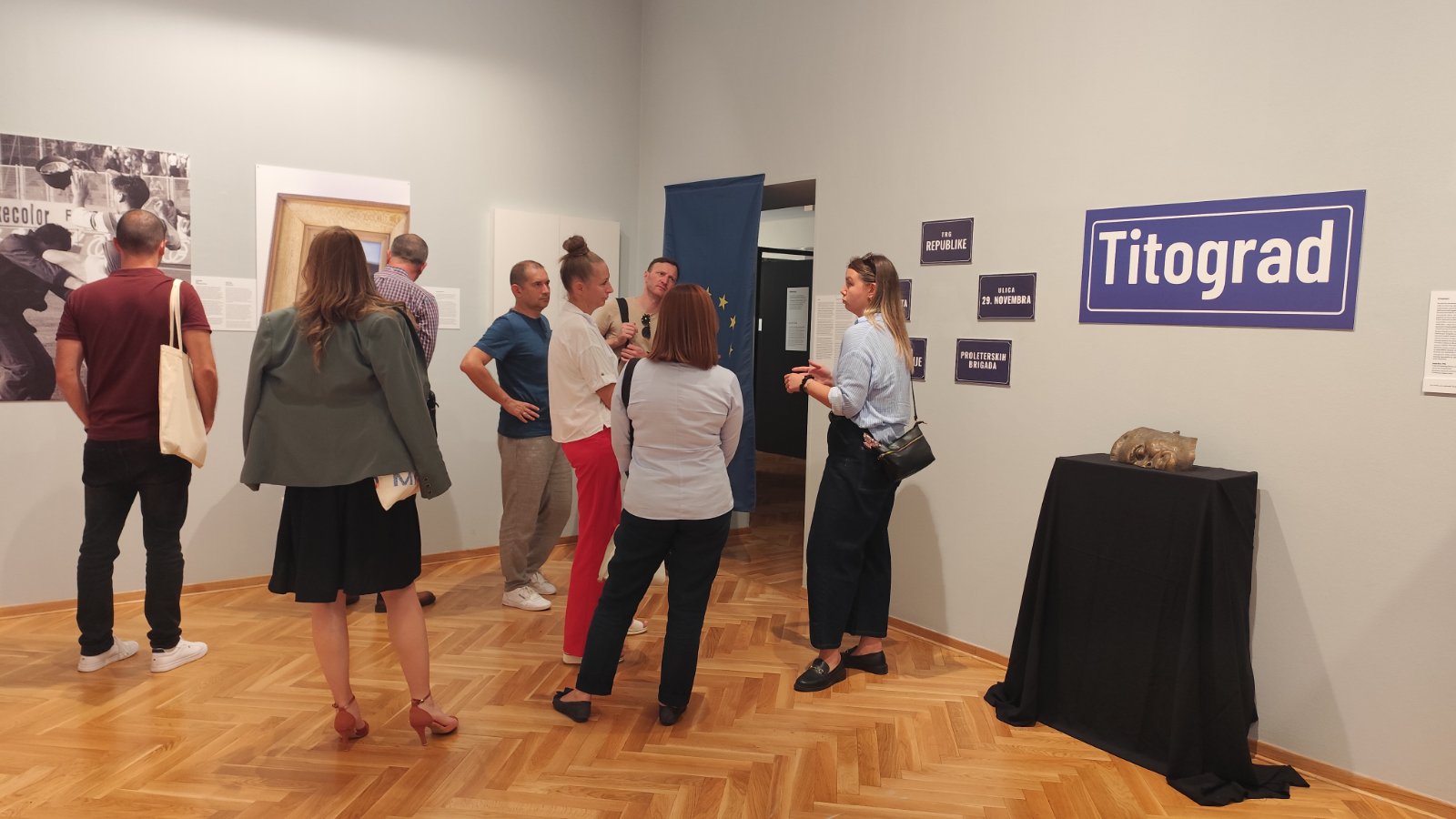
Duško Rakić, a history teacher at the Technical School in Valjevo, also believes that topics related to the 1990s are still controversial in our region, which is why they are often avoided in teaching.
“However, there is a clear need to confront the past and acquire knowledge about this period, knowledge that is now mostly gained through media or personal impressions, and least through the education system. One of the more engaging ways to approach this subject is through museum exhibitions, such as the ‘Labyrinth of the 1990s’,displayed in Montenegro and which we visited, as well as workshops with students that enable information exchange and their active participation in learning about this period”, said Rakić, agreeing with colleagues that young people today know almost nothing about many events of the 1990s.
The programme concluded with a visit to Cetinje, where a discussion was held on dealing with the past and educational challenges, along with an exchange of experiences and ideas among teachers. The discussion was moderated by dr Adnan Prekić, professor at the Faculty of Philosophy, University of Montenegro.
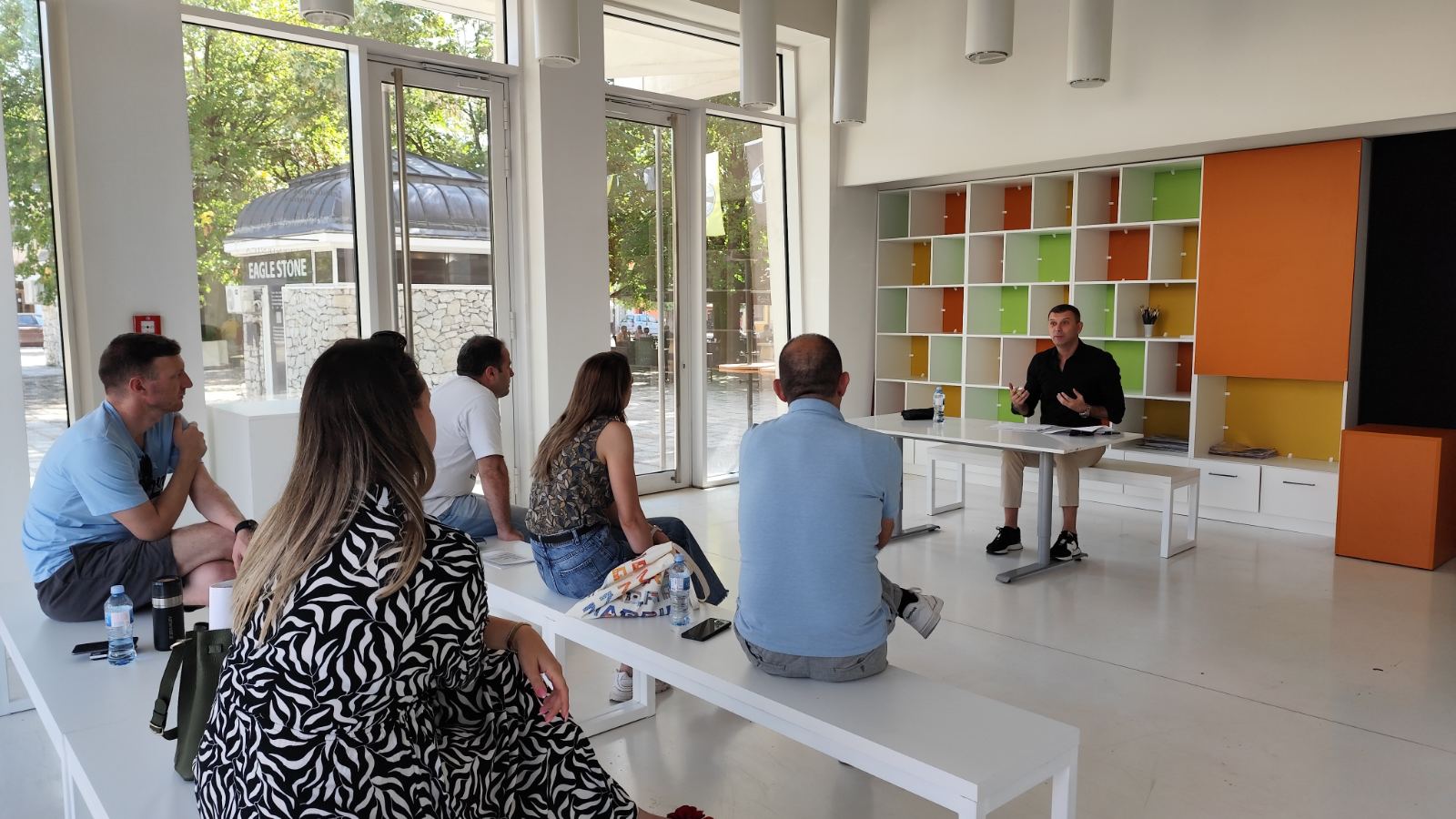
“The academic community and civil society sector play a crucial role in deconstructing the narratives of the 1990s – and this is extremely important because manipulative narratives from that era hinder reconciliation and transitional justice, strengthen regional instability, provoke tensions, and reinforce identity-based divisions, constantly generating conflict and radicalism”, stated Prekić.
The workshop “Museum of the 1990s – A New Approach to Learning” is part of the project “Museum of the 1990s – A Regional Center for Reconciliation, Education, and Future Cooperation”, implemented by the CCE from Montenegro and Cultural Front from Serbia, with support from the Ministry of Foreign Affairs of the Kingdom of the Netherlands through the MATRA programme, as well as the Shared Horizons project financed by the Republic of France and implemented by Expertise France AFD.
Maja Marinović, Programme Associate
